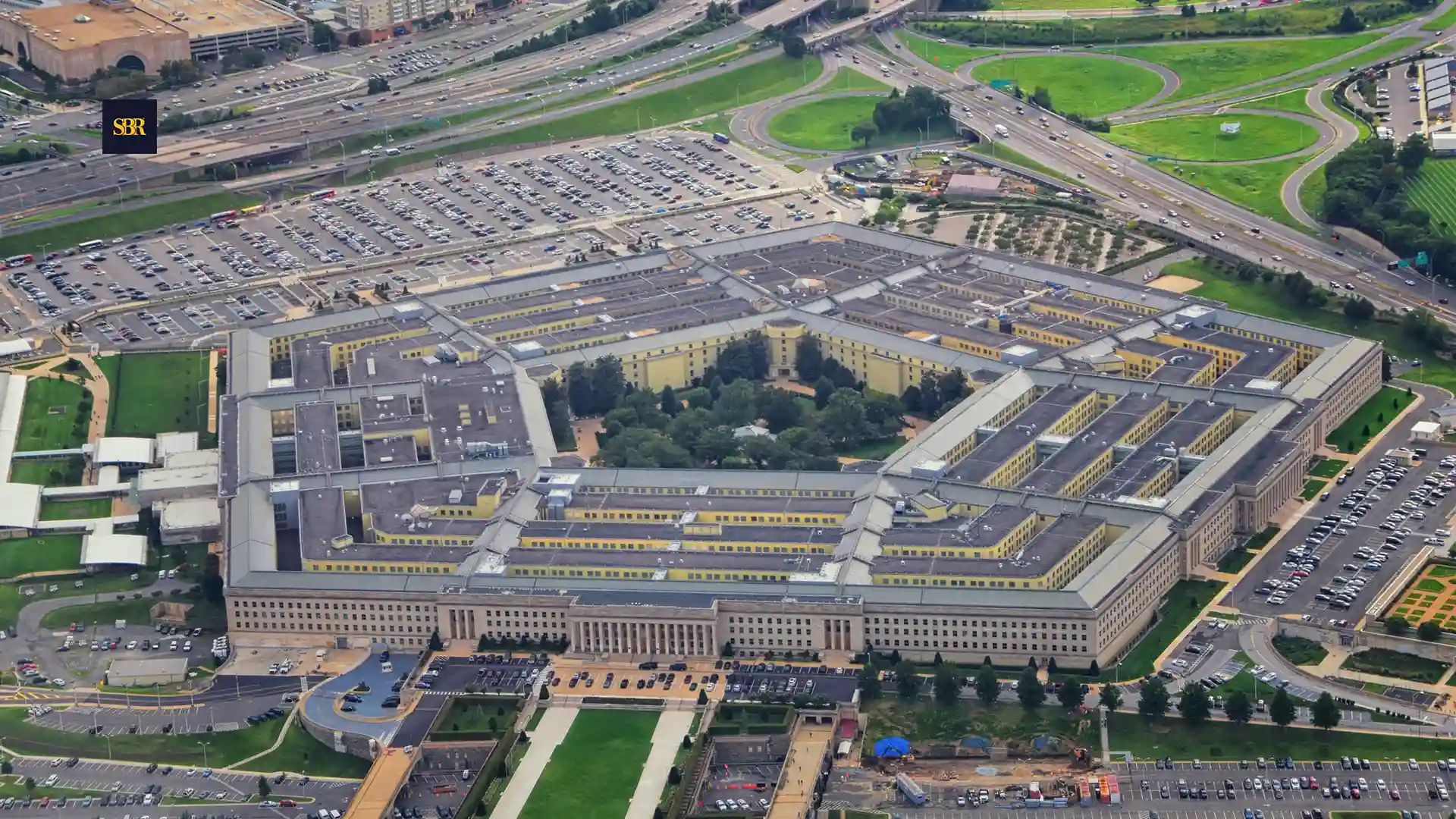NEW YORK, May 15, 2025 — Brazilian microbiologist Mariangela Hungria has been named the 2025 World Food Prize Laureate for her decades-long work in advancing sustainable farming practices that significantly increased Brazil’s agricultural output, particularly in soybeans, according to the Iowa-based World Food Prize Foundation.
Mariangela has spent over 40 years at Brazil’s state-run agricultural research center Embrapa, developing biological soil treatments that enable crops to extract nutrients more efficiently through natural microbial processes. Her work has been instrumental in increasing Brazil’s soybean production from approximately 15 million metric tons in the 1980s to more than 170 million tons today, positioning the country as the leading global producer and exporter.
Soybeans require large amounts of nitrogen, which farmers traditionally source through chemical fertilizers. Hungria's research focused on isolating strains of rhizobia bacteria and inoculating soybean seeds with them. This method allowed plants to fix nitrogen from the soil, reducing dependence on imported chemical fertilizers.
“I was always interested in making viable the use of biological materials in commercial agriculture,” Mariangela said in an interview.
Today, her rhizobia-based inoculation is used on more than 40 million hectares of Brazil’s soybean plantations, which cover roughly 48 million hectares in total.
Mariangela has also developed biological solutions for other crops. She applied strains of Azospirillum brasilense bacteria to enhance root development in crops such as corn, enabling plants to access water and nutrients more effectively from deeper soil layers.
The application of biological inputs in farming has gained momentum as consumers and producers increasingly seek alternatives to synthetic chemicals. Hungria’s research places Brazil at the forefront of this transition.
As the 2025 Laureate, Mariangela will receive a $500,000 award. The World Food Prize, established by American agronomist Norman E. Borlaug, honors individuals who have made significant contributions to improving global food security.
Hungria’s recognition comes amid growing international concern over the environmental costs of chemical-intensive farming. Her emphasis on practical, science-backed alternatives aligns with broader efforts to enhance food production while maintaining ecological balance.
Her career stands as an example of how public sector research, sustained over decades, can have large-scale economic and environmental impact. As Brazil continues to expand its agricultural footprint, Hungria’s innovations will remain central to discussions around sustainability and food sovereignty.
I was always interested in making viable the use of biological materials in commercial agriculture.

















